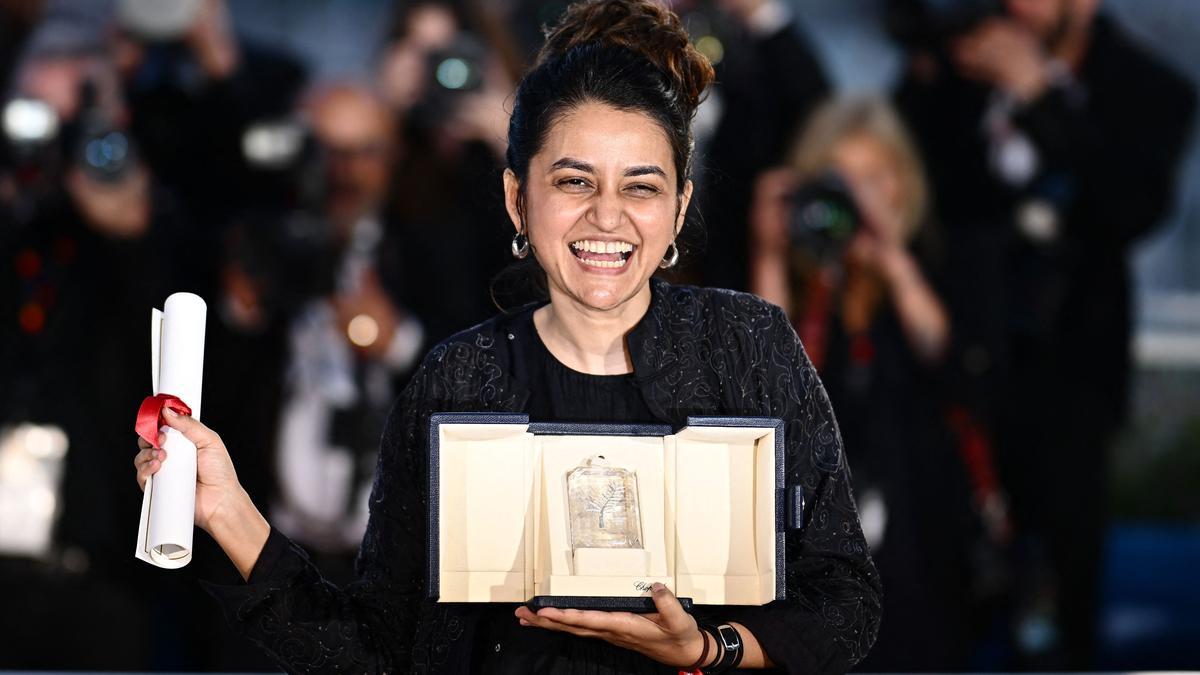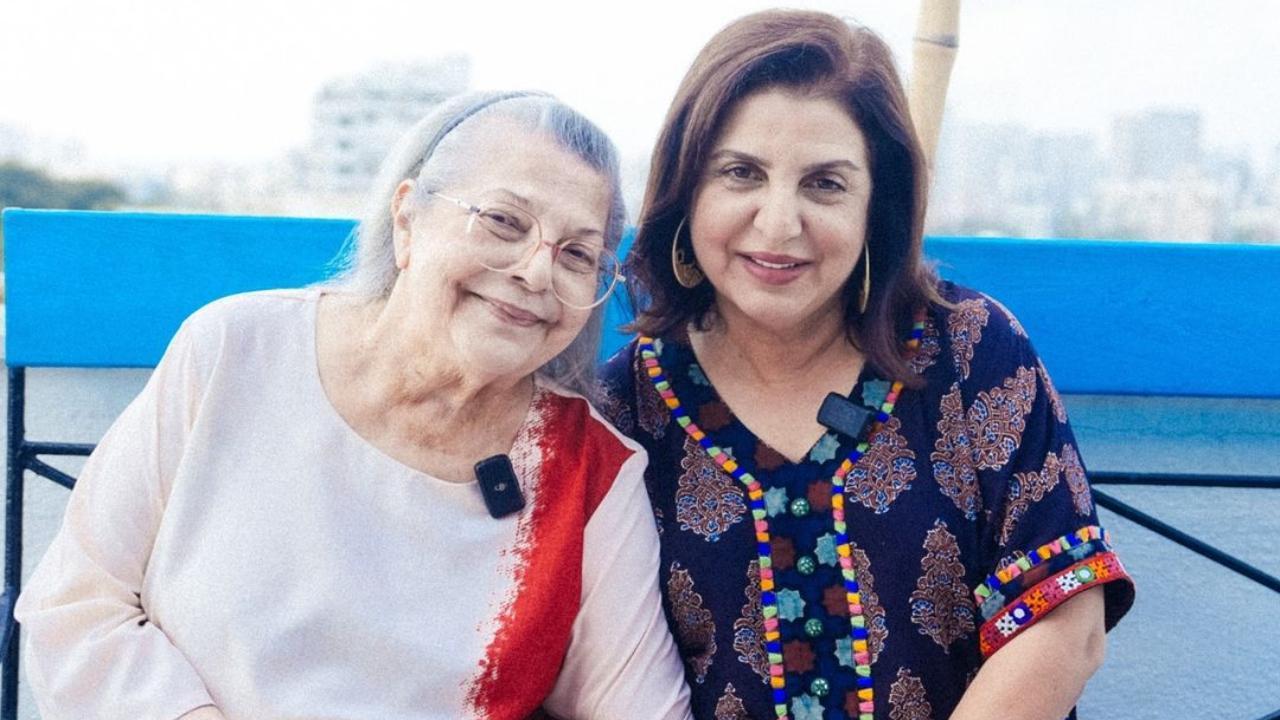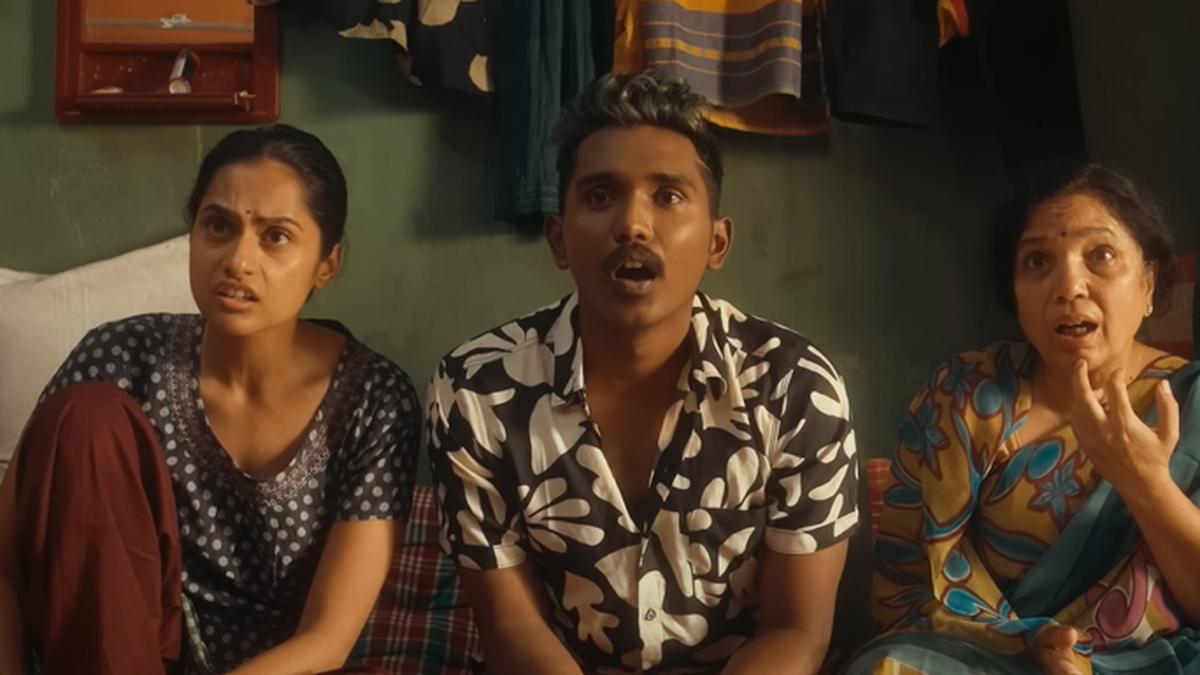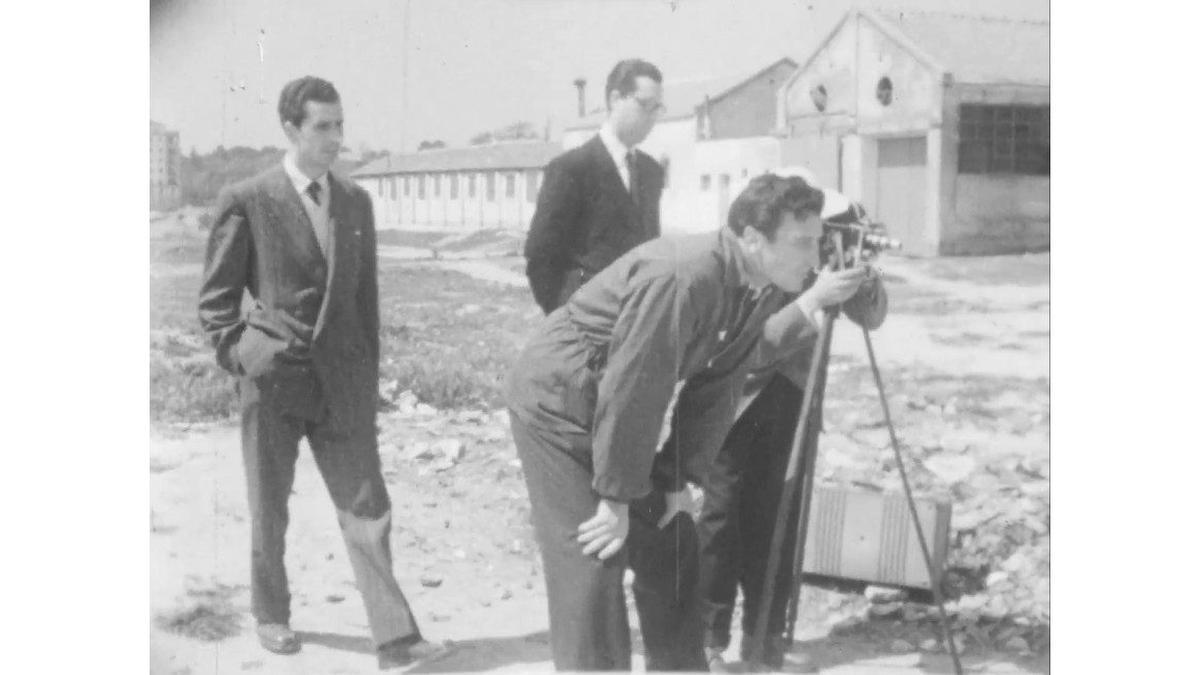
In a remarkable milestone for Indian cinema, Payal Kapadia’s much-anticipated film *All We Imagine as Light* secured the Grand Prix at the 2024 Cannes Film Festival, capturing both global attention and national pride. This historic win has paved the way for new conversations about Indian filmmaking on the international stage, and could potentially lead to significant achievements at the 2025 Oscars.
The film portrays a poignant narrative of resilience and change, following two Kerala nurses, played by Kani Kusruti and Divya Prabha, as they navigate the challenges of modern-day Mumbai. Notably, this marks the first Indian film in three decades to compete in the main competition at Cannes, a feat that has not been accomplished since the nation’s artistic marvels like Chetan Anand’s *Neecha Nagar* won the top honor back in 1946.
This year’s Cannes jury, chaired by the renowned director Greta Gerwig—best known for her work on the film *Barbie*—included industry stalwarts such as Lily Gladstone, Hirokazu Koreeda, Eva Green, Omar Sy, and Ebru Ceylan. Although American director Sean Baker’s *Anora* was awarded the esteemed Palme d’Or, Kapadia’s Grand Prix win stands as a monumental achievement, echoing Anand’s legacy and reinforcing India’s cinematic prowess on the world stage.
Kapadia’s journey to this acclaim has been anything but ordinary. An alumna of the Film and Television Institute of India (FTII), she first captured global interest with her documentary *A Night of Knowing Nothing*, which premiered at Cannes in 2021 and won the Oeil d’or (Golden Eye) award. The documentary, which offers a deeply personal view of the FTII student protests, set the stage for Kapadia’s recognition as a filmmaker of exceptional talent and vision.
In 2015, she gained further prominence during her leadership in the protests against the appointment of Gajendra Chauhan as FTII chairman. The 139-day demonstration, driven by concerns over Chauhan’s qualifications, led to significant repercussions for Kapadia, including the revocation of her scholarship and a First Information Report (FIR) being filed against her. Nevertheless, her resolve and dedication to the craft of filmmaking only grew stronger.
Her talent was acknowledged again in 2017 when her 13-minute short film, *Afternoon Clouds*, was selected for the competition category at the 70th Cannes International Festival.
. This remarkable achievement compelled FTII to reverse its punitive measures and support her journey to Cannes, further cementing her reputation in the international film community.
Reflecting on her triumphant win at Cannes 2024, Kapadia made an impassioned plea during her acceptance speech, urging for more Indian films to gain recognition on global platforms. “Please don’t wait another 30 years to have an Indian film,” she remarked, encapsulating the hopes and aspirations of many in the Indian film industry.
The success of *All We Imagine as Light* at Cannes significantly bolsters its chances at the Oscars 2025. With the Grand Prix win, the film has gained substantial international visibility, positioning it as a strong contender for India’s submission in the Best International Feature Film category. Cannes has often been seen as a bellwether for the Oscars, its accolades frequently influencing the selections and success of films in the global arena.
Moreover, the festival’s recognition can dramatically impact a film’s trajectory, enhancing its profile among voters and critics worldwide. Kapadia’s acclaim at Cannes has already captured the attention of the international film community. If *All We Imagine as Light* is selected as India’s official entry for the Oscars, it will enter the race with substantial momentum, riding on the wave of its Cannes success and potentially spearheading a broader representation of Indian cinema at the Academy Awards.
In summation, Payal Kapadia’s achievement at Cannes is more than a personal victory—it is a triumph for Indian cinema at large. It underscores the rich, diverse narratives that Indian filmmakers bring to global audiences and highlights the indispensable potential of stories rooted in Indian experiences. As *All We Imagine as Light* sets its sights on the Oscars, the spotlight remains firmly on Kapadia, potentially heralding a new era of international recognition for Indian films. The world awaits what this brilliant filmmaker will present next, carrying the torch of Indian cinema to uncharted heights.










